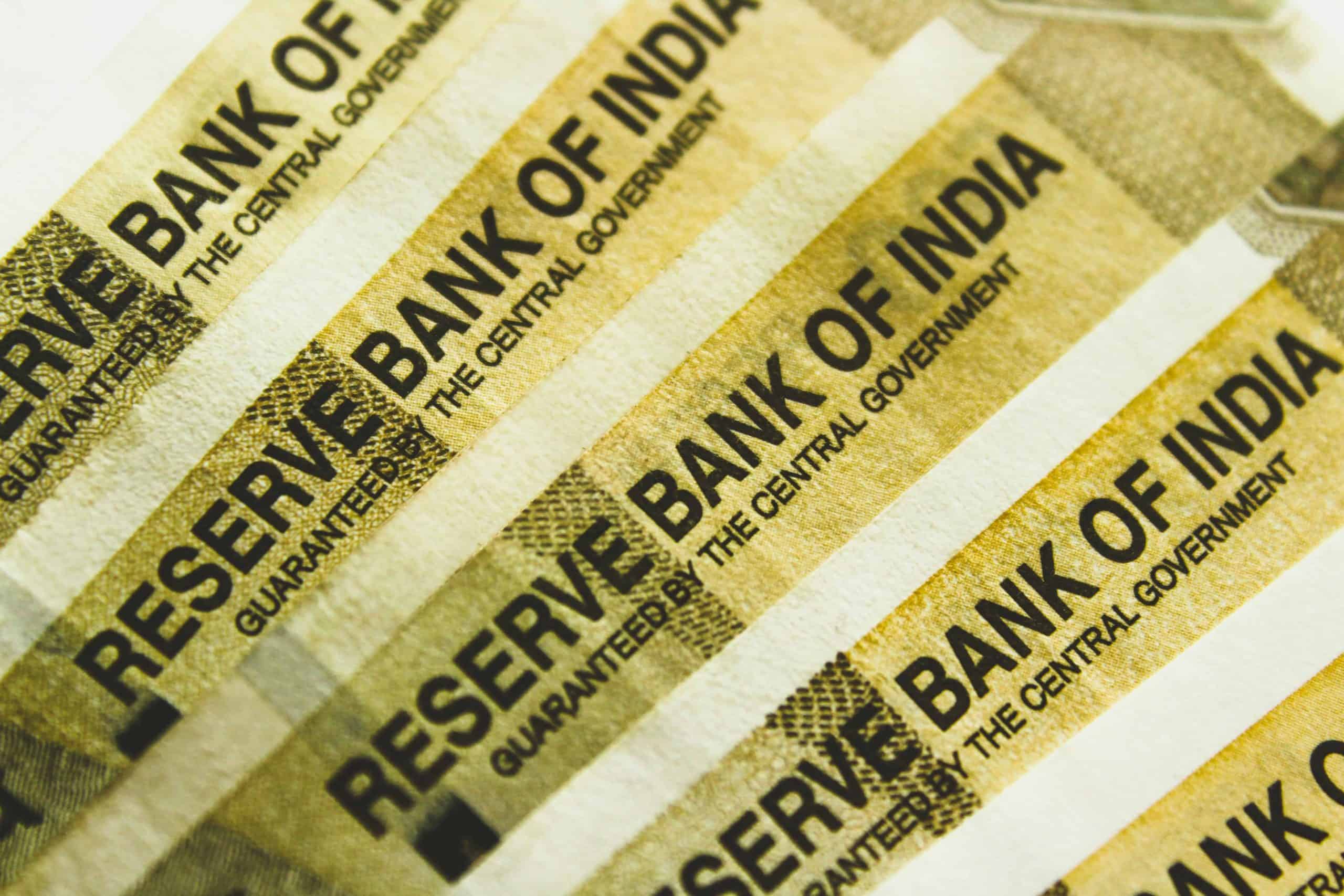India has a curious relationship with blockchain. On the one hand, the Indian government is a huge proponent of blockchain technology, and nearly
half the states in India have already initiated government-sponsored blockchain projects. At the same time, the government has been very ambivalent toward cryptocurrency, drafting a slew of measures in the last couple of years to control its growth.
In April last year, the Reserve Bank of India (RBI), which functions as the country’s central bank,
issued a ban prohibiting banks from receiving or transferring any money related to cryptocurrencies. This came as a huge blow to the crypto ecosystem in India because people were no longer able to cash out their cryptocurrency holdings. Some of the country’s top crypto exchanges like Koinex and Zebpay ended up shutting down while others like WazirX decided to navigate the situation by creating alternate peer-to-peer exchanges.
The RBI’s ban isn’t the only stumbling block for India’s cryptocurrency ecosystem. In July this year, a committee appointed by the Indian government
proposed a blanket ban on cryptocurrencies across the country and recommended imposition of severe fines and penalties on all crypto-related activities. The committee’s recommendations have taken the form of a draft law that will soon be up for discussion in the Indian Parliament. If it gets passed, this law could mean the end of India’s already struggling cryptocurrency scene.
Activists fight back
Naturally, these measures have met with major protests from India’s cryptocurrency players. Their attack is two-pronged. As far as the RBI banking ban is concerned, the Internet and Mobile Association of India has filed a petition in the Supreme Court that is still being heard. They argue that the RBI is acting out of its zone of authority by banning banking for virtual currencies. They claim that unless there’s a legislative policy regarding cryptocurrency in place, the RBI has no business creating regulations around this issue at all.
As for the proposed legislation that will soon be up for discussion in Parliament, there is a strong grassroots movement coming from within India’s cryptocurrency community calling for a rethink of these regulations. Their stance is simple and pragmatic — given the decentralized nature of cryptocurrency transactions, the government will find it very hard to actually prevent them from happening.
Read more: SFC aims to regulate digital asset trading platforms
Instead, these transactions will enter the gray market. This means that chances of fraudulent activity will now go up dramatically, and fraud victims, who would be seen as complicit in illegal activity, will likely hesitate to seek redress. Positive regulation, rather than a blanket ban, would be a much better approach. Not only would the government be in a much better position to monitor fraudulent activity, but it would also be able to realize revenue through cryptocurrency taxation.
Another argument is that it would be really hard for the Indian government to continue promoting and supporting blockchain technology if it bans cryptocurrency completely. Cryptocurrency and blockchain are intrinsically linked, with many blockchain startups issuing their own tokens and raising money through ICOs, or initial coin offerings. A blanket ban will end up discouraging the growth of blockchain in India.
Growing public support
This call for a more informed approach toward cryptocurrency has found massive support across the board. #IndiaWantsCrypto — a social media campaign for positive cryptocurrency regulation — is well over 300 days old but continues to see a growing following. There also seems to be a growing demand for cryptocurrency investing in the country, particularly among high-net-worth individuals. A survey by the Hurun Research Institute shows that as many as 9.6 percent of Indian high net-worth individuals said that they
would increase their cryptocurrency investments in the next three years.
Then there are the cryptocurrency exchanges, the entities that are the most affected by this environment of uncertainty. While some have bowed to the inevitable and closed down, others continue to innovate. CoinDCX, one of India’s top crypto exchanges, already offers a suite of services, including a P2P platform, margin trading in more than 200 markets, and cryptocurrency lending. Now, it has partnered with Australian crypto trading platform Koinfox so that its users can access advanced trading tools like risk-management strategies and algorithmic trading.
Post Views: 2,406




